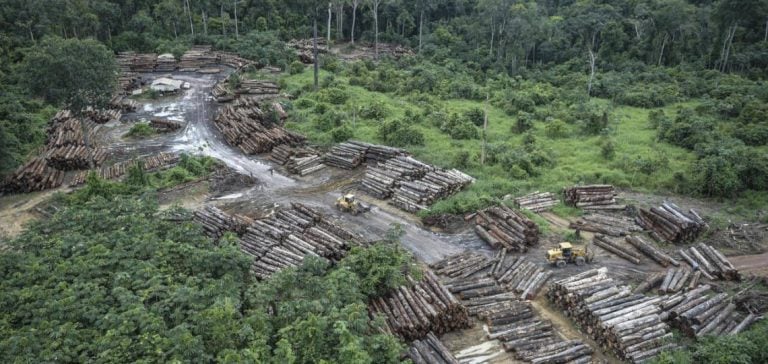The market for voluntary carbon credits is attracting more and more investment, particularly in developing countries.
At the top of the list are Colombia, Kenya, Cambodia, Mexico and Peru.
These countries stand out for their proactive approach to carbon regulation and their willingness to integrate international mechanisms, such as Article 6 of the Paris Agreement, to facilitate the trading of emission reduction credits.
Colombia, for example, is taking an innovative approach to carbon pricing.
The country already has a national carbon credit registry and is committed to revising its carbon tax to encourage a greater supply of credits.
This initiative reinforces Colombia’s position as one of the most attractive markets for international investors in carbon offsetting.
Projects in line with Article 6
Article 6 of the Paris Agreement allows countries to trade carbon credits across borders, a mechanism that is gradually gaining in popularity.
Kenya, for example, stands out for its strong commitment to this article, as well as for its ability to supply carbon credits to meet global demand.
This dynamic is attracting foreign investors, who are convinced of the soundness of Kenyan projects, despite the uncertainties surrounding the global carbon market in recent years.
Cambodia, for its part, although more discreet on the international scene, is positioning itself as a fast-growing market.
The country is seeking to attract capital for projects to conserve tropical forests and improve agricultural practices, in response to growing demand for carbon credits of natural origin.
These projects, although limited in volume compared with more developed economies, offer interesting potential in terms of decarbonization and preservation of critical ecosystems.
Risks and opportunities for investors
While the voluntary carbon credit market presents considerable opportunities, it is not without risks.
Peru and Mexico, two of the other countries featured in Abatable’s report, are experiencing political tensions that can sometimes hinder foreign investment.
However, these countries continue to offer stable regulatory frameworks for investors seeking to finance carbon offset projects.
Mexico, for example, relies on its vast forest area and potential for renewable energy projects to capture a significant share of the carbon market.
Peru, for its part, although still facing political challenges, has put in place incentive policies for investors, notably in the field of reforestation and the conservation of Amazonian ecosystems.
This favorable framework enables investors to reduce their risks while maximizing their returns on long-term projects.
Outlook for the carbon market
The voluntary carbon market is evolving rapidly, despite recent controversies over the effectiveness of certain credits and projects.
Countries such as Colombia and Kenya are adapting by introducing more rigorous monitoring mechanisms and tightening quality requirements for carbon credits.
This trend reflects growing demand for emission reduction projects that offer solid guarantees of additionality and permanence of emission reductions.
Beyond conservation projects, technological carbon capture is also gaining ground.
Countries such as Mexico and Colombia are investing in technological projects aimed at reducing industrial emissions, while promoting the transition to less greenhouse-gas-emitting economies.
In conclusion, regulatory readiness and commitment to international mechanisms such as Article 6 position these five countries as attractive destinations for carbon credit investors.
The gradual decarbonization of their economies offers significant growth potential, while enabling investors to contribute to the global reduction of emissions.






















